ECOLOGICAL, SOCIAL, INSTITUTIONAL +
FINANCIAL SUSTAINABILITY
The ecological sustainability of the Ridge to Reef project with respect to the biodiversity and ecosystem functions within and around PAs will be achieved through implementation of a suite of activities that will enhance rather than substitute institutionalized baseline activities by adopting Sustainable Land Management and Sustainable Forest Management, Land Degradation mitigation and climate change adaptation principles and practices that will extend to the long-term.
The social sustainability of this project activities will be achieved chiefly through the involvement and direct participation of local area persons who support the co-management approach. Specifically, it is expected that social uptake and acceptance will be garnered through the project’s initiatives that couple the application of INRM practices with opportunities to enhance the livelihoods of local stakeholders.
Institutional Sustainability the Ridge to Reef Project emphasizes capacity-building that complements rather than substitutes ongoing baseline programs of the Government of Grenada for the conservation and management of biodiversity and ecosystems functions. As such, it incorporates various opportunities for institutional strengthening relevant to long-term management and conservation of the biodiversity and ecosystems functions to ensure these agencies are capable of continuing with activities past the Project’s lifetime, and with enhanced levels of performance and application of BMPs from the lessons learned.
Financial sustainability will be achieved by strengthening institutional and regulatory mechanisms to enable more effective land, coastal and forest management, as well as the Government’s human and infrastructural capacity. There is a commitment by the Government to formally establish national-level committees to oversee terrestrial and marine protected areas, and for the development of community co-management structures for individual PA sites. This means that private sector partners and community members will be actively involved in developing tourism attractions / services in protected areas, thereby generating additional revenue for the PA system.
In particular, this Project will foster collaboration among Community-based Organization, Non-Governmental Organization and Competent Authorities in a co-management framework for the application of Sustainable Forest Management and Sustainable Land Management practices as well as their cost-effective financial planning and management. Similarly, skills development at the community level will facilitate the adoption of SFM/ SLM practices at the local level.
